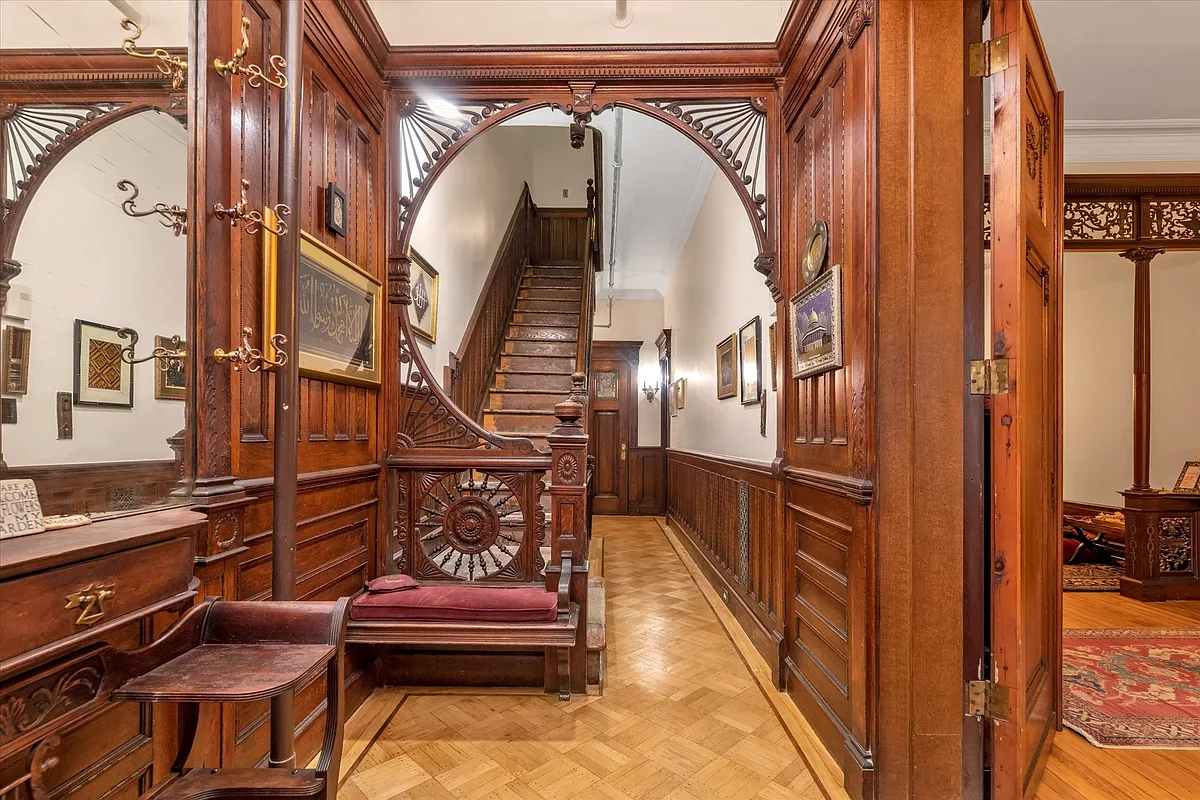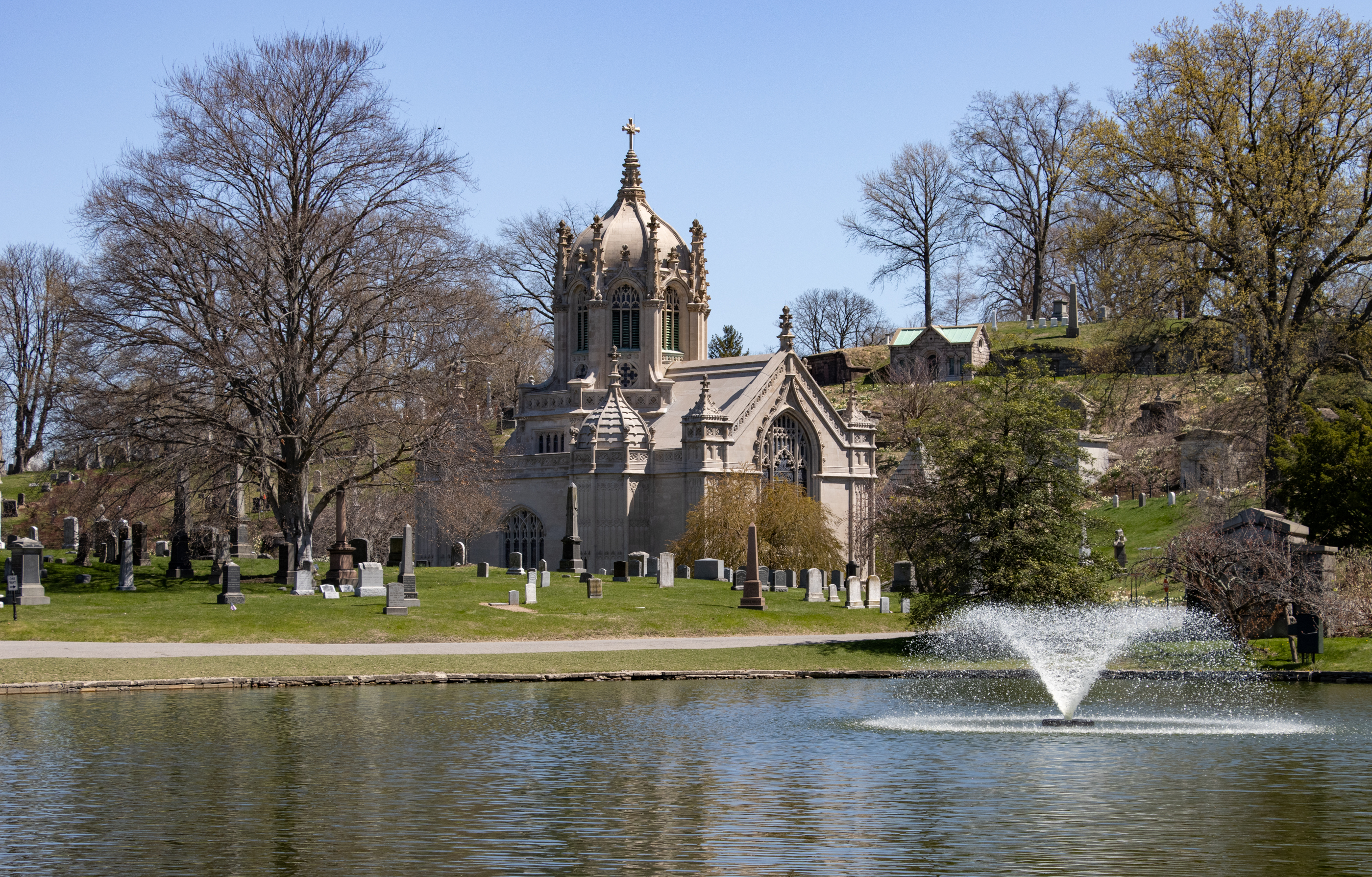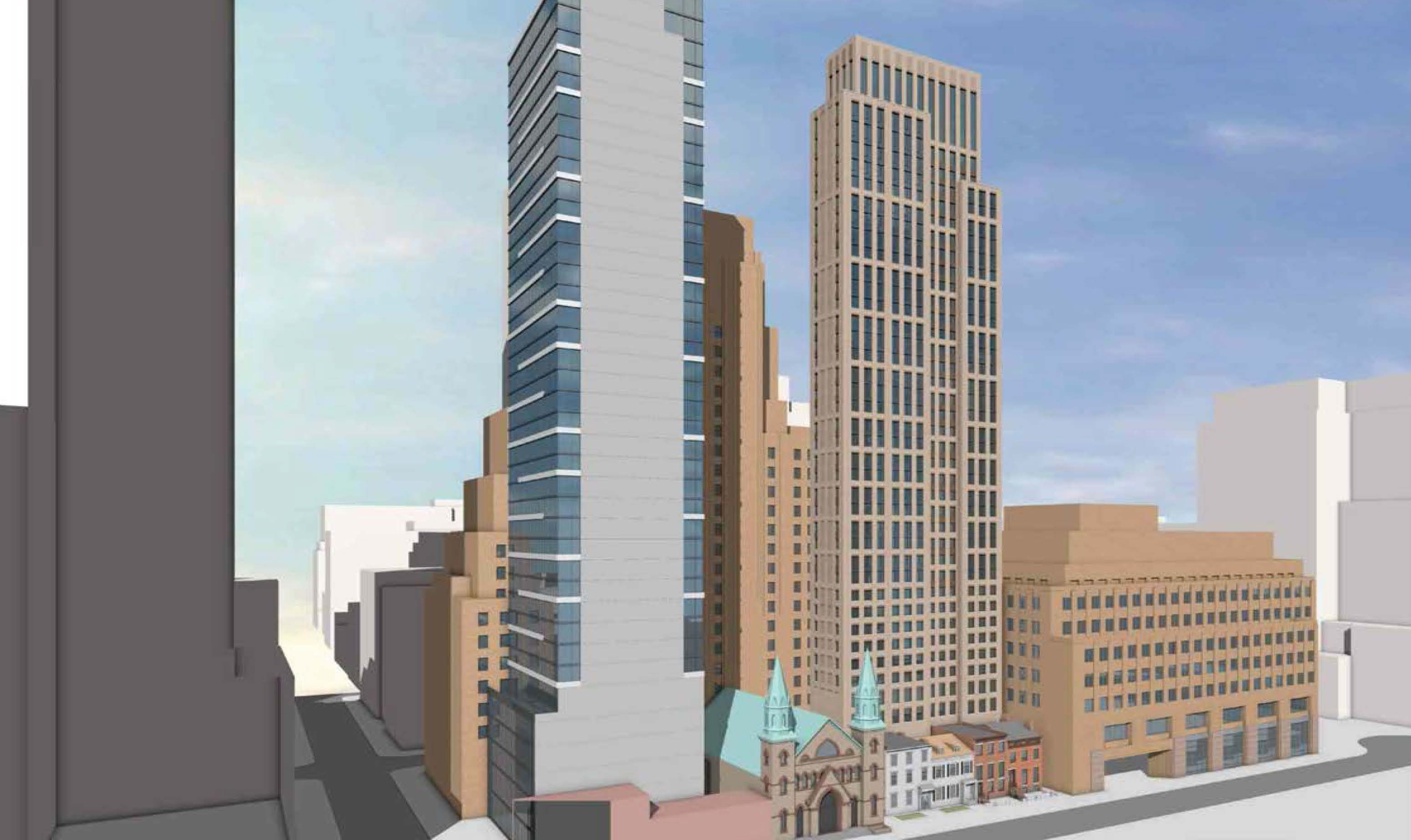Ratner Considers Prefab Tower for Atlantic Yards
The Times reports that Forest City Ratner is considering modular construction for its first, 34-story high-rise at Atlantic Yards. The story says that though the move would cut costs, a prefabricated tower “is untested at that height” and the move would likely piss off construction workers, who were among the mega-project’s most vocal supporters. Although…
The Times reports that Forest City Ratner is considering modular construction for its first, 34-story high-rise at Atlantic Yards. The story says that though the move would cut costs, a prefabricated tower “is untested at that height” and the move would likely piss off construction workers, who were among the mega-project’s most vocal supporters. Although the the developer has its architecture firm SHoP working on designs for both a traditional and modular building, another consideration is whether a prefab structure of this height would actually result in much of a cost savings, according to the story: “Whether taller modular buildings can be built to withstand intense wind shear and seismic forces, while retaining cost savings, is another question, because the higher a structure is built, the more bracing it would require.” The article says developer Bruce Ratner has been “captivated” by the video above, which shows a modular hotel rising in China in just a few days.
Prefabricated Tower May Rise at Brooklyn’s Atlantic Yards [NY Times]





The article says modular construction is untried at the height Ratner wants to build. Haven’t we had enough disasters with untried construction? All that pushing the envelope is great but not with something of this scale.
And it will be interesting to see how it plays out with the construction industries. Ratner played them, just like he played the pols and the community.
“And it’s hardly the unions’ fault that elected officials gave them unsupportable deals. It’s the union’s job to get the best deal for their members. It’s the govt officials’ job to watch the public purse.”
ROTFLMMFAO. What an incredibly naive statement.
The conflict of interest with the unions and the Democrats in their pockets couldn’t be more blatant.
“And it’s hardly the unions’ fault that elected officials gave them unsupportable deals. ”
I nominate this statement as the most disingenuous of the day. It completely ignores the role of public-service unions in the electoral process. Unlike the private sector, unions in the public sector can, and do, have a heavy influence on who is stting across the negotiating table.
By daveinbedstuy on March 17, 2011 10:30 AM
“Everyone pays a little for their pensions, healthcare, etc. The unions should too.”
Your employer pays you money. You use some of it for your pension and healthcare contributions. A union member’s benefits includes employer-paid retirement and insurance. Either way it’s part of the compensation package.
And it’s hardly the unions’ fault that elected officials gave them unsupportable deals. It’s the union’s job to get the best deal for their members. It’s the govt officials’ job to watch the public purse.
They did on LI.
It’s not simplistic and it’s not meant to be funny.
If the unions would agree to small pay cuts, MTA station workers, techers, etc would not get fired to meet the budget. That part IS pretty simplistic. The unions just don’t get it.
Everyone pays a little for their pensions, healthcare, etc. The unions should too. I know we’re talking about different unions from the trades but it’s all part of the problem.
i give up – i forget what i’m arguing about.
“So you’re telling me the MTA is the epitome of efficiency with regards to repairs of stations? ”
When did I say that?
BHS — That’s really my point. NYC is a big asshole machine. So, the architects and city planners have to design the city to accommodate the AQ (asshole quotient).